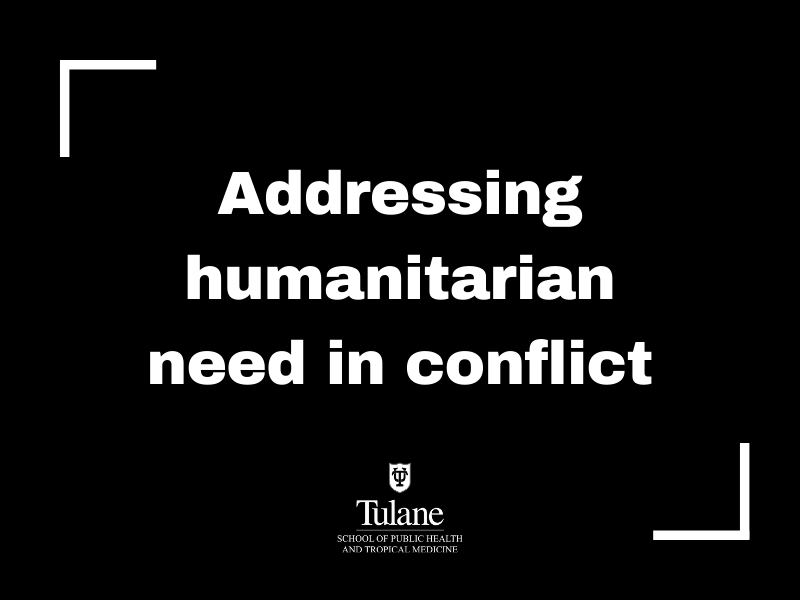Addressing humanitarian need in conflict

COVID-19 has perpetuated suffering around the world for more than a year, with countries like India, Brazil, Argentina, and Turkey currently seeing a rapid rise in cases. But these countries are not the only ones suffering at the moment. A humanitarian crisis of an entirely different kind is occurring in Palestine and Israel. According to the New York Times, more than 200 people have been killed in the conflict, with even more seriously wounded. Many of the dead and wounded are children.
The United Nations states that the health sector in the regions impacted were already struggling due to COVID-19, and now must also respond to those injured by rocket fire and other violence. It is critical that aid get through to those in need and that the global community prioritize the protection of civilians in conflict.
Our immediate concern is, of course, our students. Many have personal connections to the region. We know that concern for the physical safety of family, friends, and countrymen can be both stressful and painful. We sympathize with students in this position and encourage them to reach out to Tulane counseling services, staff in the Office of Student Experience, or their advisor, if they need to talk to someone.
Just as we are considering how to better respond to violence in our own country, global public health professionals need to be a voice for those impacted by both disease and conflict. At the Tulane School of Public Health and Tropical Medicine, our vision is “optimal health and well-being for all,” and that goal does not stop at the American border.
